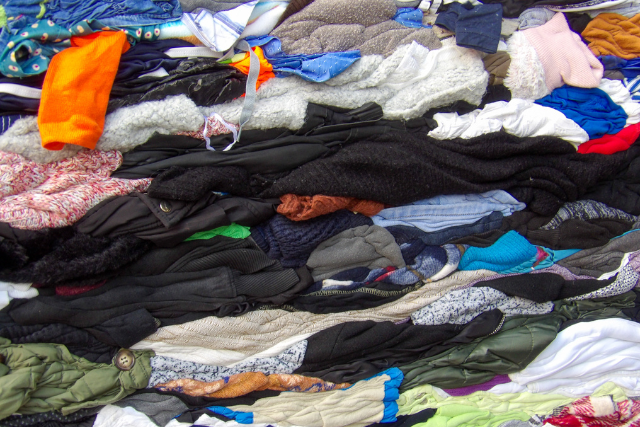Guiding Principles on textiles collection and management

INTRODUCTION
The revision of the Waste Framework Directive (WFD) and the development of end-of-waste (EoW) criteria for textile waste will have a major impact across the European Union. The waste status has the potential to either boost or endanger social enterprises in textiles collection and management and is therefore a key issue for the RREUSE network.
The WFD defines waste as “any substance or object which the holder discards or intends or is required to discard”, but different Member States’ interpretations in this area have resulted in a diversity of national contexts in which social enterprises have been operating. The impact that a harmonised waste status would have on those different realities should be carefully assessed and reflected in the ongoing legislative developments.
To account for the diversity of national contexts and for the essential role that social enterprises play – by preventing the premature recycling of reusable goods, creating inclusive jobs and generating income from the sale of used textiles that benefit local communities – RREUSE has developed a set of guiding principles for policy making on textiles collection and management.
We appeal to policy makers at all governance levels to follow these principles in any policy developments related to this crucial area for social enterprises and societies at large. The goal should be to preserve the diversity of national framework conditions without watering down the general social and ecological ambition.

